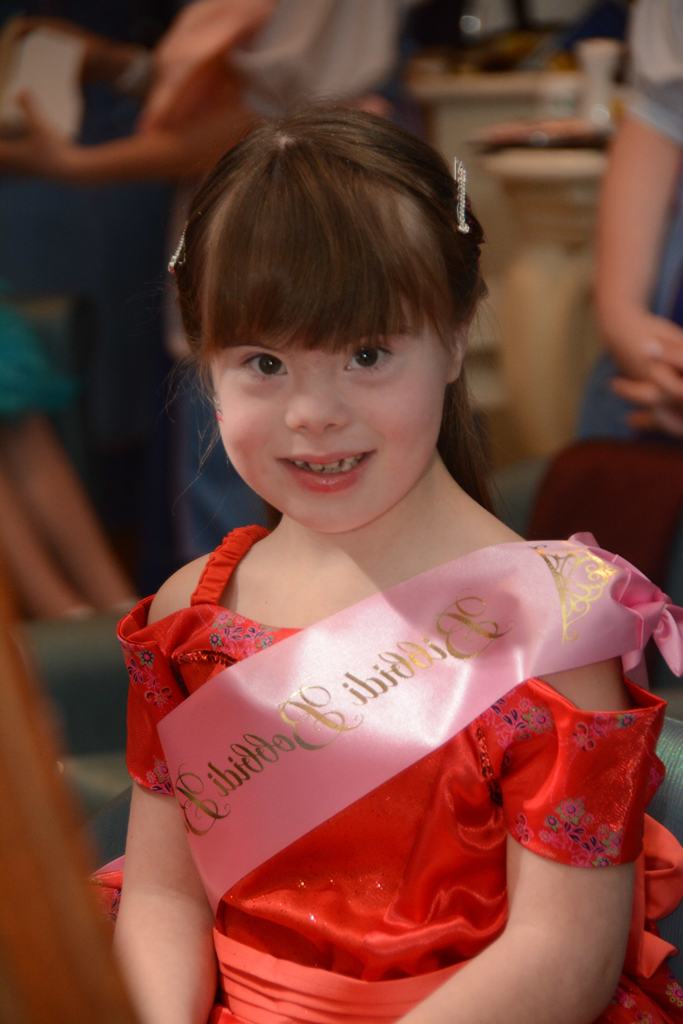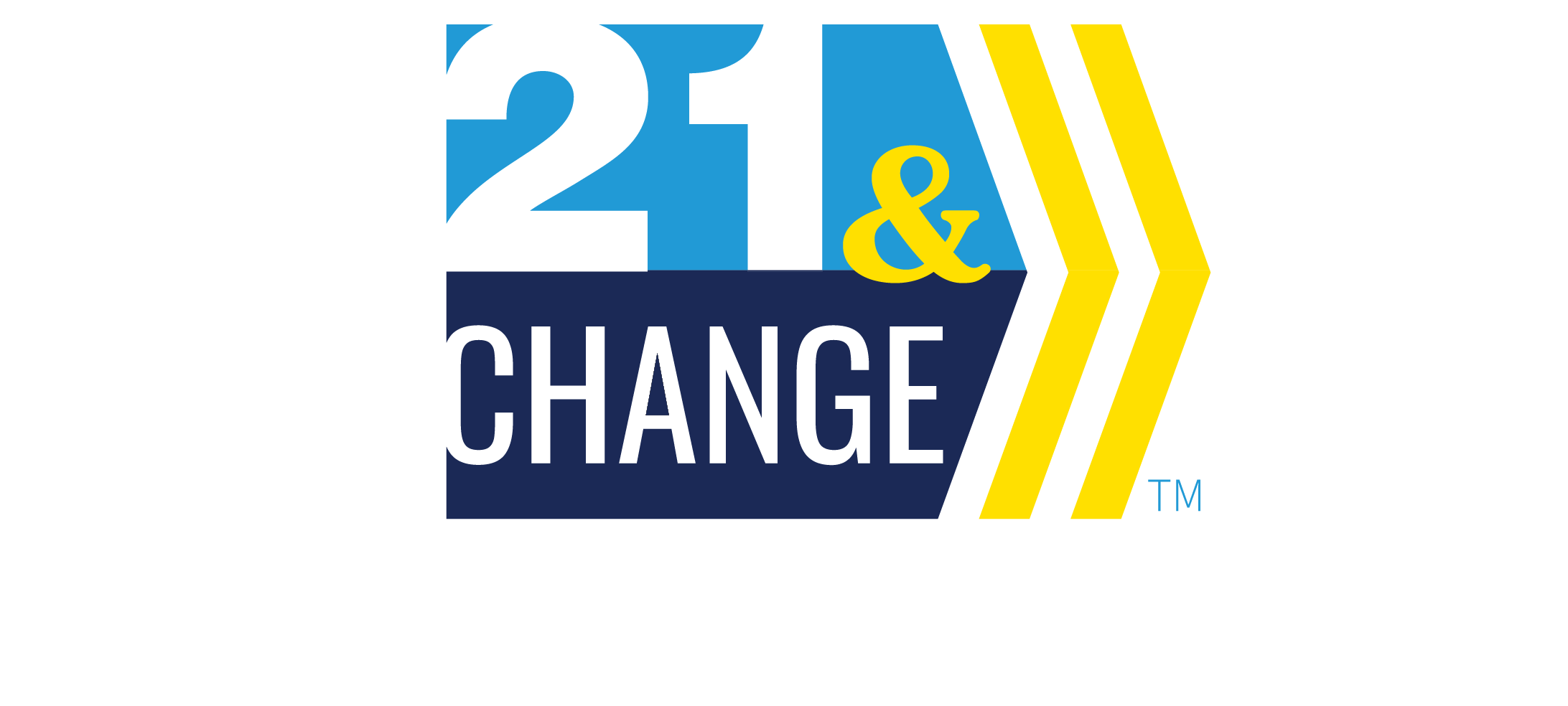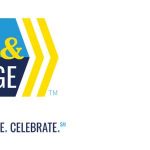21 & Change pursues public policy issues for the ‘People with Developmental Disabilities’ community in order to advocate for their rights. We integrate this effort at the national level with the National Down Syndrome Society © DS-Ambassador program, the NDSS Inclusive Education Task Force, and the Council of Parent Attorneys and Advocates. At the state level, we are working in cooperation with organizations such as the Florida Anti-Defamation League and the Autism Society of Florida.
Our efforts span the local, state and federal levels to address their issues, advocate for support, and promote social and legal change. With the help of like-minded parents, self-advocates and other supporters, our intent is to bring these issues to light with their political representatives. Our role is to be an agent of real and positive change.
On the federal level, our priorities will closely mirror those of the national level organizations. They are working everyday on Capitol Hill and across our Nation to protect and advance the rights of individuals who are ‘People with Developmental Disabilities’. Following their lead and building support in every Congressional district and State is vital to this effort.
On the State level, we will address issues such as education, inclusion, support for the Gardiner and McKay scholarship programs, and safety and security issues that affect the lives of our loved ones.

2023 Legislative Agenda
Water safety appropriation
- Individualized Education Plans (S.B. 636 & H.B. 19)
- The bill will require that at least one year before a student with a disability reaches the age of majority (18), information and instruction must be provided to the student and their parent or guardian regarding the educational decisions that transfer to the student once they turn 18. This information would include ways in which the student may provide consent for their parent or guardian to remain involved in educational decisions. Parents of students with disabilities often find themselves in a position where all educational rights have transferred to the student and they are not aware of the next steps to take to stay involved in the very important educational decisions that can happen once the student turns 18. This bill will keep parents informed of next steps and will help prevent parents from entering a guardianship for their child when they do not need one.
- Student Elopement (S.B. 1568 & H.B. 1429)
- Requires public schools to create a School Staff Assistance for Emergencies (SAFE) Team and school elopement plan. Elopement is when a student with disabilities wanders away, walks away, and leaves the school grounds unsupervised. This is a safety measure that can be applied to most private and public spaces.
- Background Screenings (S.B. 676 & H.B. 249)
- The bill requires a Level 2 security background investigation of current or prospective employees to include an employment history check and a search of the sexual predator and sexual offender registries and the child abuse and neglect registry of any state the individual resided during the previous five years.
- The bill revises the background screening standards for individuals who have direct contact with a student in a district school system, a charter school, or a private school that participates in a state scholarship program by replacing the list of disqualifying offenses with the level 2 screening standard under s. 435.04(2), F.S.. Noninstructional contractors, with access to school grounds when students are present, will also have to meet the level 2 screening standard in s. 435.04(2), F.S., instead of the current list of 9 disqualifying offenses.
- Programs and Services for Young Adults with Developmental Disabilities (S.B. 1694 & H.B. 1531)
- The bill creates the Transition Success Network through the Agency for Persons with Disabilities. The intent of the bill is to provide a framework and network for young adults with disabilities who wish to pursue furthering their education, skill development programs or meaningful day activities.



